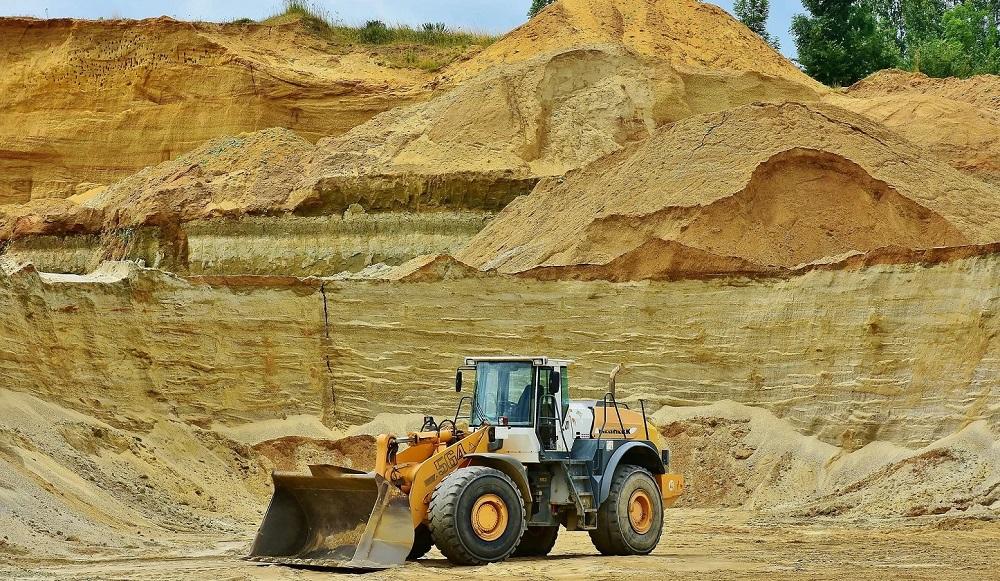At least three Australian firms have signed a handful of agreements including Evolution Energy Mineral Limited, EcoGraf Limited, and Peak Rare Earth Limited. This is the second mineral exploration and processing deal that Tanzania has signed in as many months and the government says there are more in the pipeline. Global markets are experiencing a
[elementor-template id="94265"]
